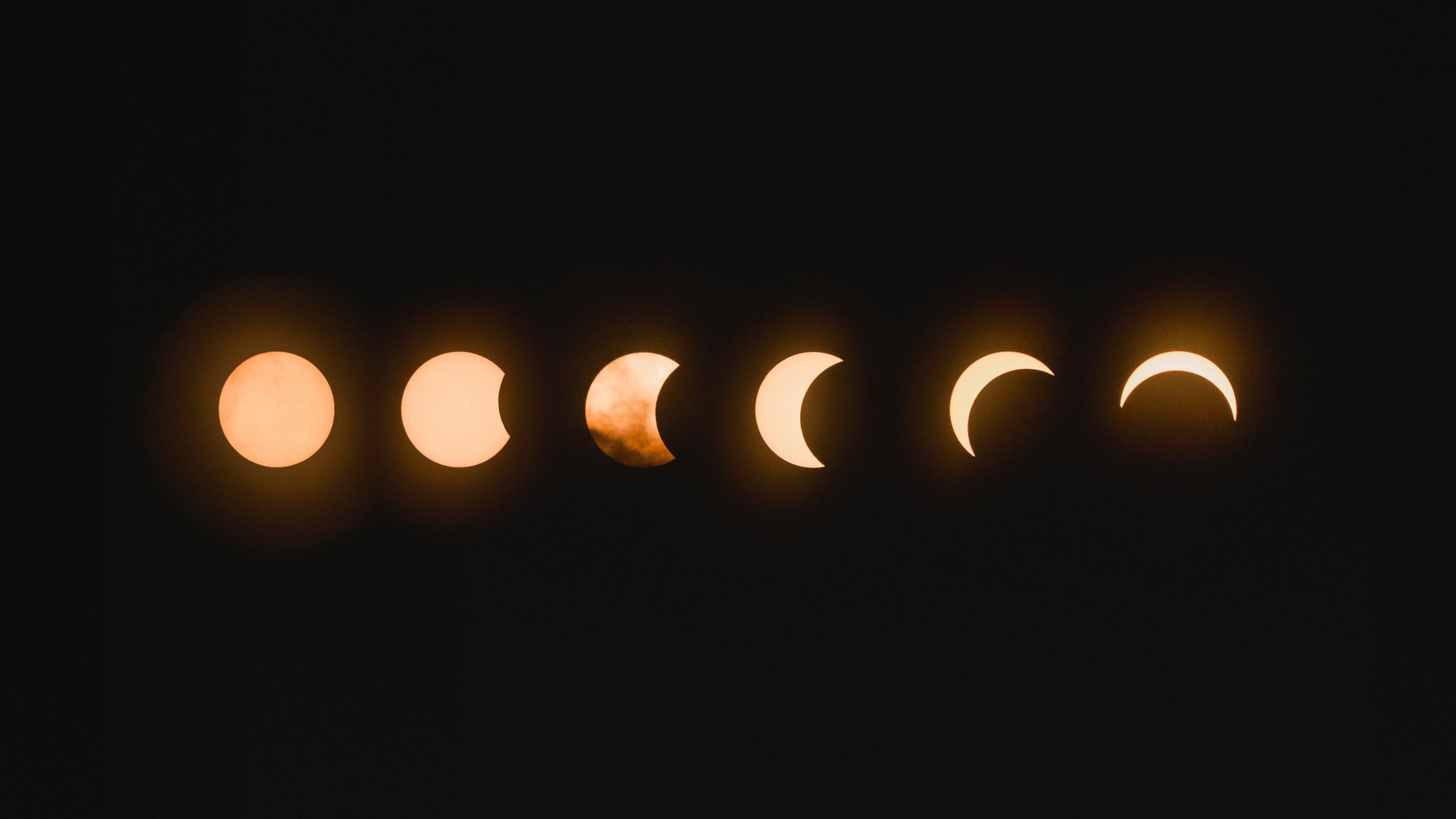The Significance of the Full Moon in Greek Mythology
The Full Moon has been a source of fascination and wonder throughout human history. Its mystical beauty has captivated people across different cultures and civilizations. In Greek mythology, the Full Moon played a prominent role, intertwining with stories of gods, goddesses, and legendary creatures. In this blog post, we will explore the significance of the Full Moon in Greek mythology, uncovering its divine connections and the myths that revolve around it.
The Moon in Greek Mythology
In Greek mythology, the Moon is personified by the goddess Selene. Selene is often depicted as a beautiful woman riding a silver chariot across the night sky, illuminating the world with her radiant light. She is the daughter of the Titans Hyperion and Theia and is commonly associated with fertility, femininity, and the night.
Selene’s importance is not limited to her role as the Moon goddess; she is also a lover of the handsome shepherd Endymion. According to the myth, she fell deeply in love with Endymion and requested Zeus to grant him eternal youth and eternal sleep so that she could visit him every night beneath the moonlight.
The Full Moon and Lunar Cycles
The Full Moon holds great significance in Greek mythology due to its connection with the lunar cycles. In Greek culture, the lunar cycles held profound meaning, and the Full Moon was considered a time of heightened energy and powerful influence.
Greek mythology tells us that during a Full Moon, the gods and goddesses would gather on Mount Olympus to hold important meetings and discuss the fate of mortals. It was believed that the Full Moon had the power to grant clarity and vision, making it an auspicious time for divination, prophecy, and magic.
The lunar cycle was seen as a symbol of rebirth and renewal, with the Full Moon representing the pinnacle of this process. It was during the Full Moon that the goddess Selene was said to shine her brightest, illuminating the earth and bringing forth a sense of magic and mystery.
Myths and Legends Surrounding the Full Moon
1. The Artemis and Actaeon Myth
One of the most famous Greek myths featuring the Full Moon is the story of Artemis and Actaeon. Artemis, the twin sister of Apollo, is the goddess of the hunt, the wilderness, and the Moon. In this myth, Actaeon, a skilled hunter, accidentally stumbled upon Artemis and her nymphs bathing in a freshwater spring.
Upon seeing Artemis in her nakedness, Actaeon was struck with awe and wonder. However, Artemis, enraged by his intrusion, decided to punish him. She transformed him into a stag, and his own hunting dogs, who failed to recognize him, tore him apart.
This myth serves as a cautionary tale, warning against the consequences of trespassing upon the divine realm. The Full Moon plays a pivotal role in this myth, as it is in the moonlight that Actaeon encounters the goddess and faces his unfortunate fate.
2. The Endymion Myth
The myth of Endymion, as mentioned earlier, is another story that revolves around the Full Moon. Endymion, a shepherd who possessed exceptional beauty, caught the attention and affection of Selene, the Moon goddess. In order to be with Endymion forever, Selene requested Zeus to grant him eternal sleep so she could visit him each night.
Endymion, eternally asleep, became a symbol of eternal beauty and youth. The Full Moon represents the nights when Selene visits and casts her ethereal light upon the sleeping Endymion, highlighting the romantic and mystical nature of the relationship between mortals and gods.
Full Moon Rituals and Celebrations
The Full Moon has been a focal point of various rituals and celebrations in ancient Greece. People would gather to pay homage to the goddess Selene and participate in ceremonies aimed at harnessing the moon’s power and blessings.
One such festival was the Seleneia, a celebration dedicated to Selene that took place during the Full Moon. The festival involved offerings of honey cakes, milk, and wine to the goddess, as well as music, dancing, and storytelling under the moonlit sky.
Additionally, the Full Moon often marked a time for healing rituals, divination, and prophecy. Ancient Greeks believed that the veils between the mortal realm and the divine realm were thinner during the Full Moon, making it an opportune time for connecting with the gods and seeking guidance.
The Full Moon’s Legacy in Modern Culture
While ancient Greek mythology provides us with a rich understanding of the significance of the Full Moon, its influence extends far beyond those tales. The Full Moon continues to be revered and celebrated in modern-day culture, often fueling artistic inspiration, astrology, and mystical practices.
Artists, poets, and writers have drawn upon the symbolism of the Full Moon to evoke emotions of mystery, romance, and enchantment. It serves as a muse for countless masterpieces, immortalizing its beauty and intrigue.
Furthermore, astrology enthusiasts and practitioners often attribute special meaning and energy to each Full Moon, associating it with different zodiac signs and planetary alignments. Many people engage in Full Moon rituals, meditation practices, and tarot readings to tap into the lunar energy and harness its transformative power.
In Conclusion
The Full Moon’s significance in Greek mythology is deeply rooted in the ancient culture’s belief in the power of the lunar cycles and the divine beings associated with them. The stories of Selene, Artemis, and Endymion reveal the captivating influence of the Full Moon on the lives of mortals and gods alike.
The Full Moon’s beauty, luminosity, and mysterious aura continue to inspire awe and fascination to this day. Whether through ancient rituals, artistic expressions, or personal connections with the moon’s energy, the Full Moon’s legacy lives on, offering a glimpse into the timeless and enchanting world of Greek mythology.
Table of Contents
